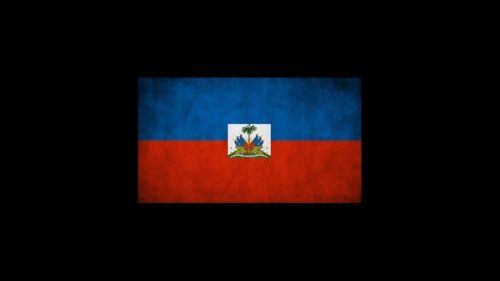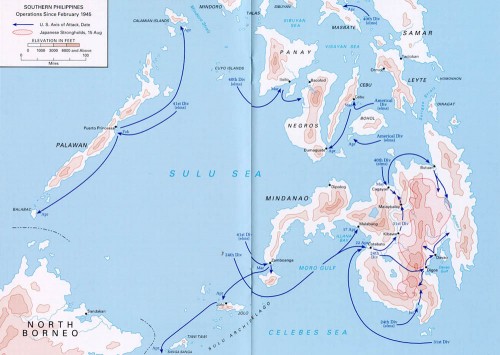We are not a serious country because, as a democracy, we do not have serious voters. Autocracies like China and Russia have many disadvantages compared to us, but in the present historical moment, they are nowhere near as stupid as we are. One trembles for the future.
National Security
Yon Tanpèt Pafè

In the wall mural of global incompetence that is our Crisis Era, Haiti has become the most lurid corner, a hallucinatory labyrinth worthy of Hieronymus Bosch; not so much the canary in the mine as a collapsed side tunnel whose maimed and trapped victims are within earshot and line-of-sight of First World institutional leaders already fumbling with a dozen groundwater leaks and toxic gas buildups in the main shafts.
Hollowed Out
My daughter and I took Wee Jamie, the Wonder Grandson, and our next-door neighbor up to Canyon Lake to spend the day of the 4th of July at the military recreation site there; there are pavilions there above small sandy beaches, for the use of active military and retirees to picnic in, restrooms and shower complexes (in need of serious renovation, or at least a sand-blasting and a clean-out of crud and insect life), an RV park, some boat ramps, and a scattering of cabins for rental. The day was overcast until late in the afternoon, and it has been very, very hot and rainless for the last two or three weeks, so the water level was quite low. Both the boat ramps on the Air Force side were well out of the water, and there was quite a lot of exposed beach, much more than last 4th, when we also spent the day there.
But there was a good crowd at the beach, mostly families with children, venturing into the rather silty water, with innertubes and floaties and small life vests for the smallest children, in the intervals between the adults barbequing and drinking. It all seemed utterly normal, and yet hollow, as if we were only going through the motions out of habit more than anything else.
Re-Run: History Friday: MacArthur’s Southern Philippines Campaign
[This post was originally published in 2013. Re-posting to allow a new comment. Jonathan]
Logistics, the ability to transport and supply military forces, underwrites military strategy. The importance of logistics is the reason for the adage, “Amateurs talk tactics while professionals talk logistics.” These truisms of military affairs are often glossed over by General Douglas MacArthur’s critics — like US Naval Historian Admiral Samuel Eliot Morison — and replaced with talk of MacArthur “Seeking Personal Glory” and taking “Unnecessary Casualties.” This was especially true when it came to MacArthur’s liberation of the Southern Philippines. MacArthur’s Southern Philippines campaign, far from being “unnecessary” and a “strategic dead end,” was a logistical enabler for Operations Olympic and Coronet, the American invasion plans for the islands of Kyushu and Honshu Japan.
MacArthur had been directed by the Joint Chiefs of Staff to be able to stage through the Philippines 11 divisions by November 1945 and a further 22 by February 1946. The securing of the Southern Philippines would cut off Japanese small boat production there, protected MacArthur’s sea lines of communication filled with small boats and a polyglot freighter fleet from both radar and radio directed Japanese Kamikaze aircraft and suicide boats, and provide the vitally needed Filipino workforce for assembly work and port capacity to support the staging those divisions for the invasion of Japan.

To understand the Southern Philippine campaign in historical context, you need to know that MacArthur’s liberation of the Philippines was done in four phases.
1) Sixth Army’s Leyte Campaign
2) Sixth Army’s Mindoro/Luzon Campaign
3) The Eighth Army’s the Leyte-Samar operation (including clearance of the Visayan passages)
4) The Eighth Army’s extended Southern Philippines campaign south of the Visayan passages
The first two phases are not included in the “waste of soldiers” critiques of MacArthur, while the other two usually are. So I will lay out MacArthur’s logistical reasons to pursue those “unnecessary” military operations as the relate to the invasion of Japan.